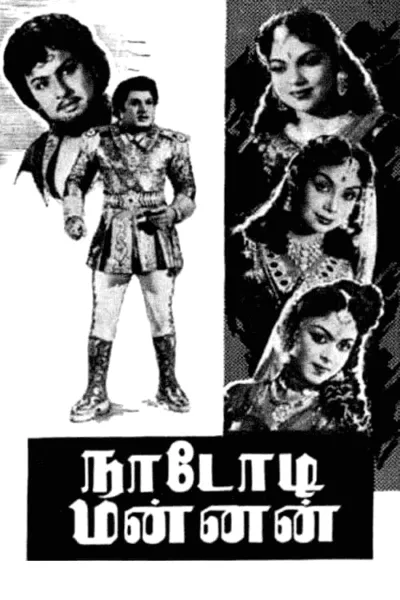Nadodi Mannan (1958)
August 22, 1958Release Date
Plot.
Where to Watch.
 Subs
SubsCurrently Nadodi Mannan is available for streaming online, rent, buy or watch for free on: Eros Now Select Apple TV Channel
Streaming in:🇺🇸 United States

Cast & Crew.

M. G. Ramachandran
Producer / Director

P. S. Veerappa

M. N. Nambiar

P.S. Veerappa
Raja Guru

Bhanumathi

M. N. Rajam

B. Saroja Devi

J. P. Chandrababu

M. G. Chakrapani

T. K. Balachandran
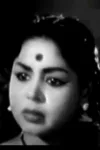
G. Sakunthala
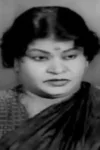
K. S. Angamuthu

S. M. Subbaiah Naidu
Music

G. K. Ramu
Cinematography

C. P. Jambulingam
Editor

S. K. T. Sami
Story

C. Kuppusami
Screenplay

K. Perumal
Editor

R. M. Veerappan
Story

N. S. Balakrishnan
Music

K. Srinivasan
Screenplay

V. Lakshmanan
Story

P. Neelakantan
Screenplay

E. R. Sahadevan

K. R. Ramsingh

T. P. Muthulakshmi
Details.
Release DateAugust 22, 1958
Original Nameநாடோடி மன்னன்
StatusReleased
Running Time3h 40m
Genres
Last updated:
Wiki.
Nadodi Mannan (transl. The Vagabond and the King) is a 1958 Indian Tamil-language action adventure film directed by M. G. Ramachandran in his debut as a filmmaker. He stars in dual roles alongside P. Bhanumathi, M. N. Rajam and B. Saroja Devi. P. S. Veerappa, M. N. Nambiar, M. G. Chakrapani, T. K. Balachandran and Chandrababu play supporting roles. The film revolves around a king being replaced by a look-alike after getting abducted on the eve of his coronation. The look-alike begins to implement social and economic reforms to uplift the poor which irks the kingdom's high priest, who has kidnapped the very person the look-alike resembles. The rest of the film shows how the look-alike saves the man he impersonates and defeats the high priest.
Made on a budget of ₹18 lakh, Ramachandran co-produced the film with Chakrapani and R. M. Veerappan under the banner of Em.Gee.Yar Pictures. C. Kuppusami, K. Srinivasan, and P. Neelakantan were in charge of the screenplay. Kannadasan and Ravindar undertook the responsibility of writing the dialogues. The cinematography was handled by G. K. Ramu while K. Perumal and C. P. Jambulingam did the editing. S. M. Subbaiah Naidu and N. S. Balakrishnan composed the film's soundtrack and score. Songs from the soundtrack like "Thoongathey Thambi Thoongathey", "Thadukkathey", "Summa Kedandha", and "Senthamizhe" became popular hits.
Filmed in both black and white as well as Gevacolor, Nadodi Mannan was released on 22 August 1958 and garnered positive critical reception. It was a commercial success, grossing ₹1.1 crore in its lifetime, thereby becoming only the second Tamil film to earn ₹1 crore after another Ramachandran starrer Madurai Veeran (1956); it became a silver jubilee film. Nadodi Mannan acquired cult status in Tamil cinema, and became a turning point for Ramachandran in terms of both his acting and political career.
You May Also Like.
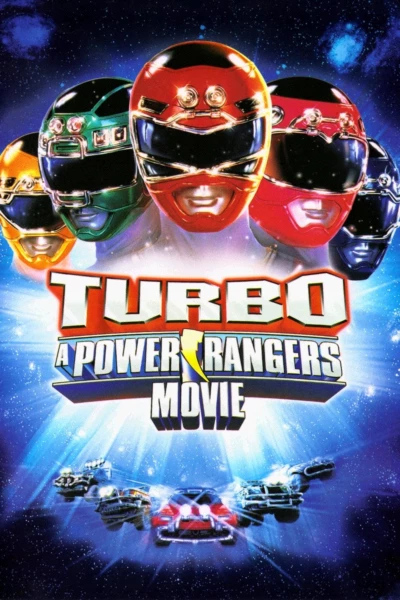
Turbo: A Power Rangers Movie (1997)

To Kill the Beast (2021)
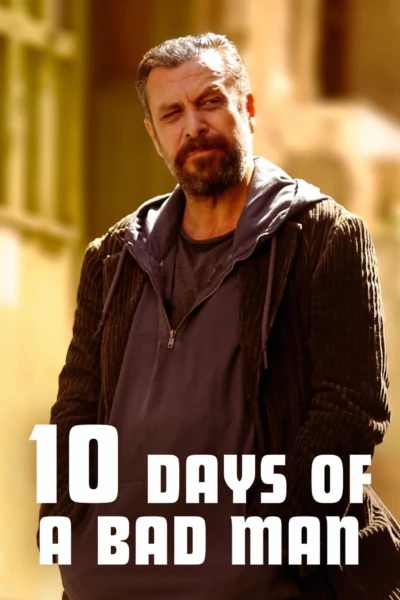
10 Days of a Bad Man (2023)
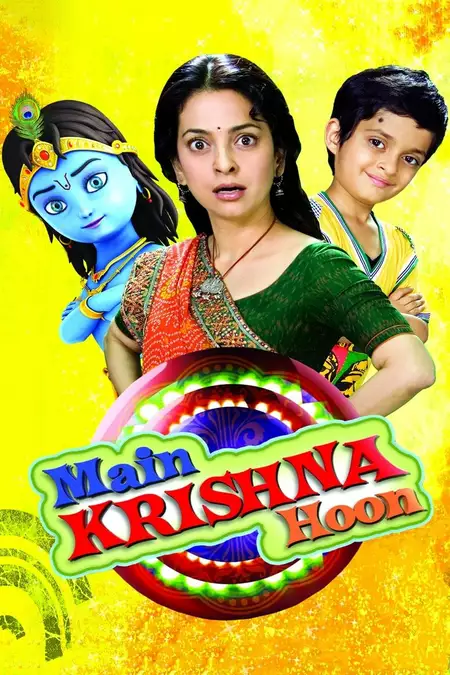
Main Krishna Hoon (2013)
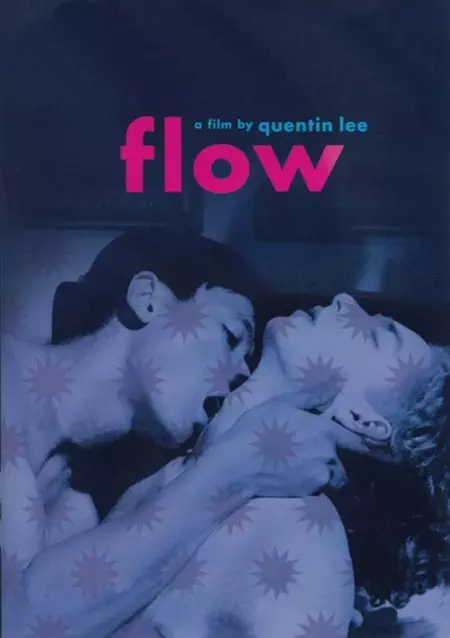
Flow (1996)
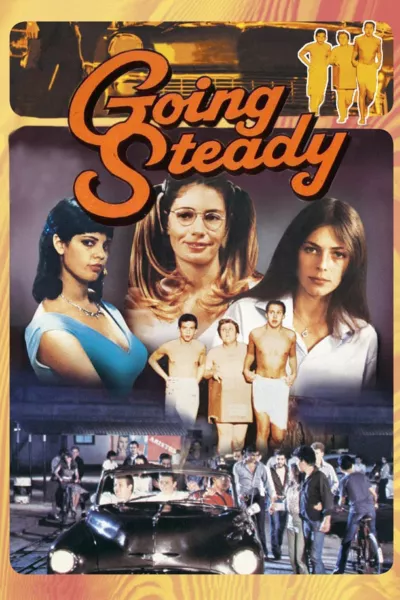
Going Steady (1979)

Transformers: Titans Return (2017)
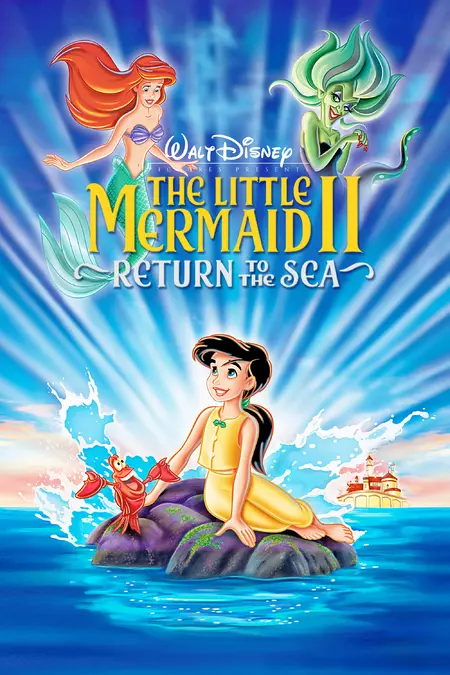
The Little Mermaid II: Return to the Sea (2000)

Friends Jokes (2006)

Inside Asda: Bigger, Better, Cheaper? (2020)

Scooby-Doo! and the Safari Creatures (2012)

The Flash II: Revenge of the Trickster (1991)

What's New, Scooby-Doo? Vol. 5: Sports Spooktacular (2005)

What's New, Scooby-Doo? Vol. 7: Ready to Scare (2006)
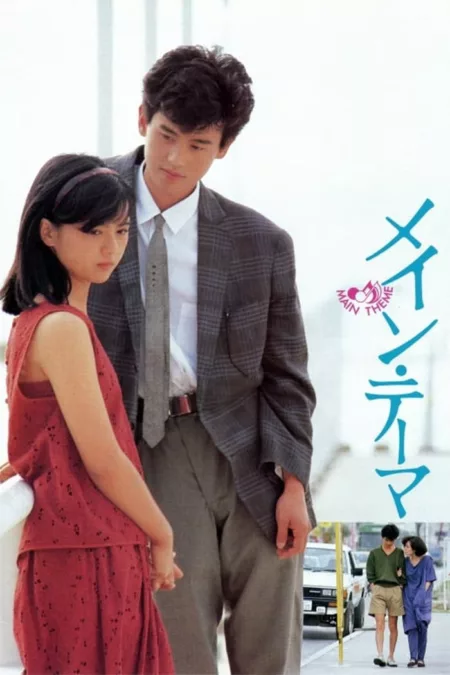
Main Theme (1984)
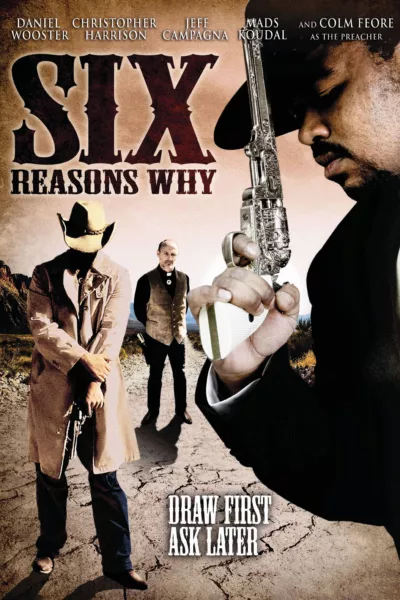
Six Reasons Why (2008)

NXT TakeOver: WarGames (2019)

Raising ASD


